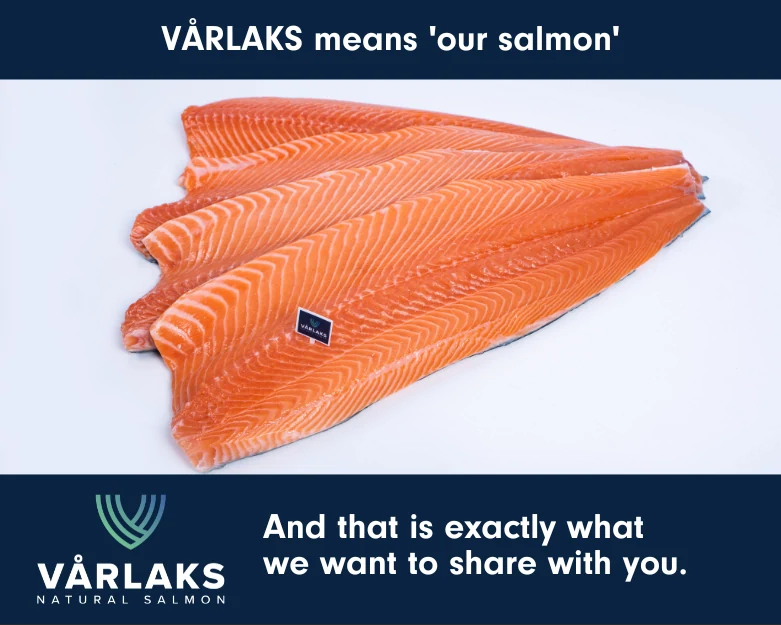More than 67,000 kilos of waste from AquaChile’s farming centres in the Aysén Region have been traced thanks to new initiative.
In June, salmon producer AquaChile together with Atando Cabos, a company focused on ending the contamination of discarded fishing and marine farming gear from the coasts of Patagonia, announced the implementation of a pilot project in the Puerto Aysén area in Chile to transform industrial waste into new products.
Four months later, the project is already a reality in all AquaChile centres in that area and is expected to be expanded to a further 15 centres.
Carol Fernandois, AquaChile’s Deputy Manager of the Environment commented, “This initiative developed in Patagonia is just beginning and we hope with it to lay the foundations to promote a more sustainable and committed industry. This circular economy model is highly replicable and can be implemented in all types of geographic locations. At AquaChile we believe in an increasingly sustainable industry and, therefore, we are always innovating in search of better solutions. Traceability is also a way to deliver trust and commitment in the long term.”
According to a press release issued by the consortium, this pioneering initiative in the industry has provided traceability to more than 67,000 kilos of HPDE or PAD (high-density polyethylene) lines and pipes and has transformed nearly 10,500 kilos of waste into new high-quality products.
These by-products are fruit boxes, bulb boxes, mining sleepers, drain buckets, detergent bottles, among others, and they have a QR code that allows complete traceability.
“At Atando Cabos we have the conviction that it is possible to do profitable business and generate a positive impact, articulating the entire chain. We are giving new life to the waste that is polluting the environment, ensuring the traceability of the material, with which, today it is possible to have products manufactured 100% with recycled material and with an exact designation of origin. This is the circular economy 2.0 and we are very excited to carry out this initiative with the largest salmon producer in the country ”, said Michel Compagnon, co-founder of Atando Cabos.
“This is the first plastic in the world with a designation of origin, something pioneer for a more sustainable world,” he added.
The cycle begins when AquaChile decomposes a rope or tube for reasons of use and this is transferred to the nearest port, in this case, Chacabuco. There, the local company Reciclaje Martino extracts the attached organic material and sends it to the Recollect company, where it is cut or minced, cleaned again and balled. Then, it is sent to the Atando Cabos facilities in Santiago, where the material is crushed, washed and turned into pellets, that is, raw material to generate a new product.








